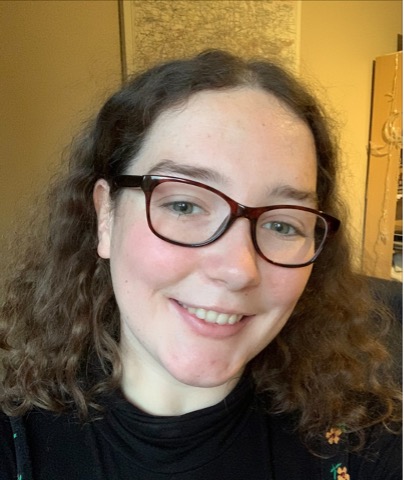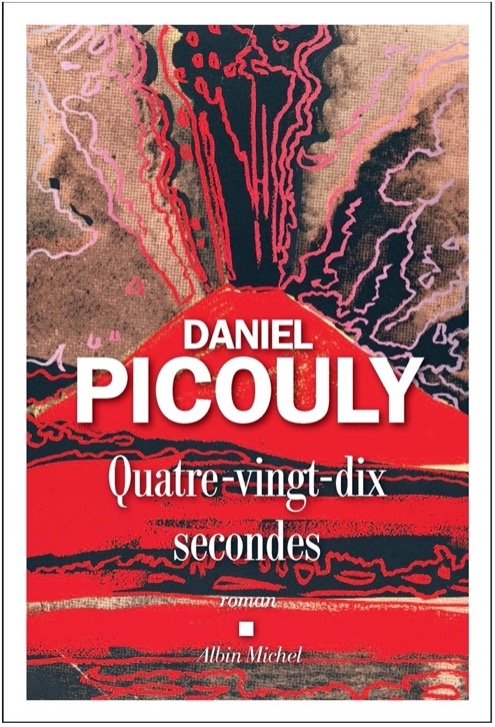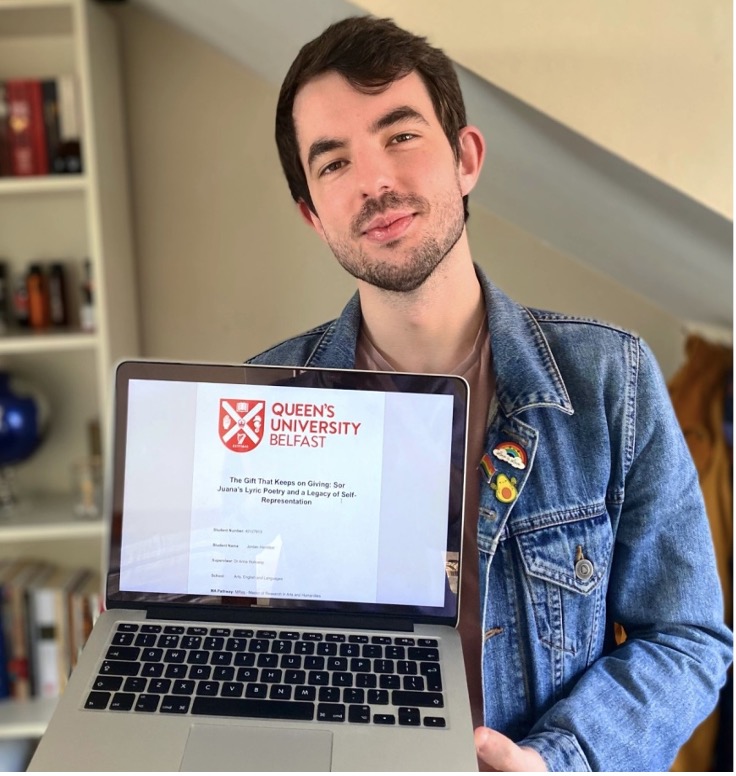This post is part of our Research Initiation Scheme for 2020-2021.
From Paris to London to Queen’s, we caught up with Laura Kennedy to learn about her global PhD French project and her advice for undergraduates considering postgraduate study.
Q. What has your journey to PhD been like?

It’s been enjoyable, but unexpected. My B.A was in French studies at the University of London Institute in Paris. In my final year, I took a French colonialism class, and became really interested, particularly in Algeria. My interests have always been in literature and postcolonial literature was the perfect overlap. I did my final year dissertation on Kamel Daoud and his book Meursault, contre-enquête. The next step for me was to get a theoretical base of postcolonial scholarship. Once I graduated, I worked for a year in Paris and researched Masters programs. I found SOAS University of London. They did a Masters in Comparative Literature of Africa and Asia which I completed in 2020. SOAS was a watershed moment for me academically; I could focus in on my interests which I came to realize were language politics and postcolonial novels. Once I realized this, I put PhD proposals together – I wasn’t going to stop after the Masters. I felt like I would be an outsider coming to Queen’s at PhD. I’m happy to be mistaken on that. Within weeks, I felt welcome and part of the community.
Continue reading
